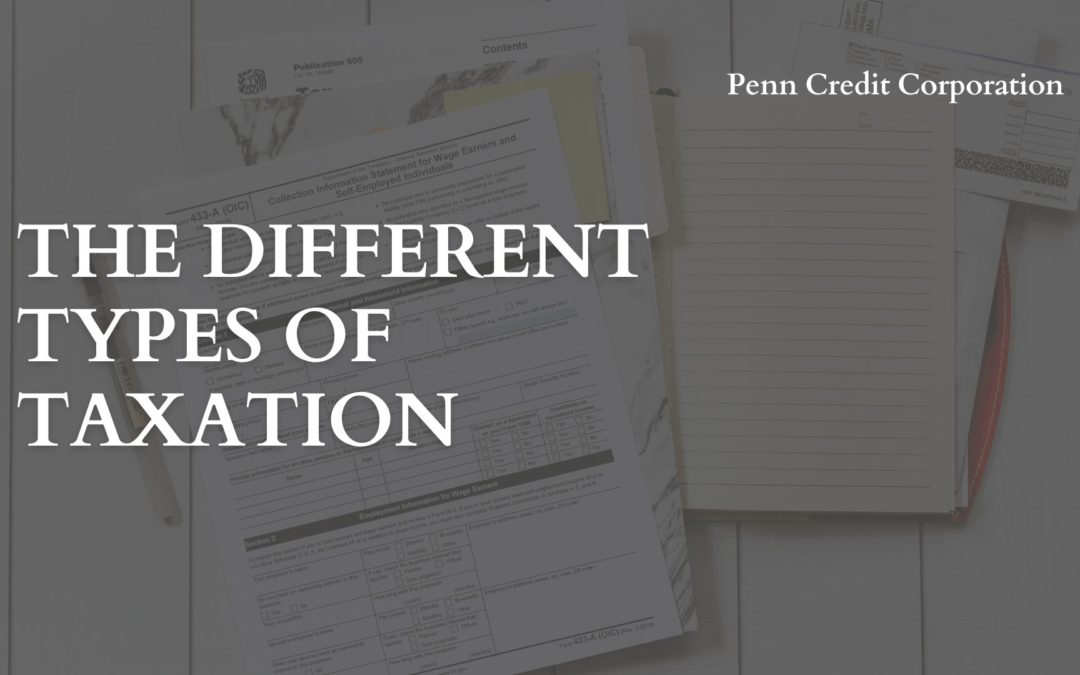Taxation is a critical concept in almost all economics, as it significantly influences the trade and economy of any given country. It refers to a portion of income or profit that an individual or company must pay to the government. The amount that an individual or company pays to the government is used for social programs and projects. It is also used to fund its military activities, public infrastructure, and other services provided by the government.
Types of Taxation
Taxation has been in practice for a long time and is considered a way of raising revenue for banks, governments, and other institutions. Taxation is also known as fiscal policy. There are different types of taxation like income taxes, corporate taxes, sales taxes, and PAYE.
- Income Taxes
Income taxes are levied on amounts earned or received from various sources, such as work and investments. Income tax is computed by applying a tax rate to taxable income, an individual’s total earnings minus allowable adjustments for deductions and exemptions.
Income taxes are like a payroll tax in that they are withheld from each paycheck and paid directly to the government. Typically, the more money you make in your monthly paycheck, the higher your income tax rate is. Income taxes can be deducted from your paycheck by your employer or paid by making estimated quarterly payments to the IRS during tax seasons when you’re not earning an income.
- Corporate Taxes
Corporate taxes are a levy imposed on the income of corporations and not their net worth. A corporation pays tax on its net profits. In other words, it pays tax on its earnings after deducting all expenses. Corporations may be domestic or foreign, for-profit or nonprofit. Income from sources within the jurisdiction is taxable. Income from sources outside the jurisdiction is also generally subject to tax, although many exceptions exist. In most cases, the corporate income tax rate is determined by the type of corporation.
- Sales Taxes
Sales taxes are imposed by states, counties, cities and towns to help pay for services that benefit people who shop in those places. Sometimes states also impose a “use tax,” a counterpart of the sales tax that applies to items purchased within the state that were not taxed at the time of sale and then brought in for use. These taxes usually eat into a large proportion of consumer spending, so many people are interested in whether they can take advantage of ways to reduce their sales tax liability.
- Pay As You Earn (PAYE)
Pay As You Earn (PAYE) is a form of tax imposed on individuals and entities by the Internal Revenue Service. Taxpayers who are subject to this system must pay their taxes according to the amount of income they have earned during the calendar year.
There are many types of taxation. There is the income tax, the pay as you earn tax, the corporate tax, sales tax, etc. Individual people usually have to pay every single one of them. Commercial and industrial enterprises also have to pay all of them as well. So it is crucial to understand what they are and how they can be calculated.
